I had a multi-day-long book hangover after finishing Louise Kennedy’s Trespasses.* Its ending snuck up on me, gutted me, even as the text was so heavy with foreboding as to make a happy ending out of the question. Let’s dig in.
One of the central things I have been turning over: is this a romance or not? I think the genre matters here because Kennedy is clearly playing with some of the hallmark conventions of romance and centering a love story as the plot engine, and yet the book ultimately drifts from and challenges genre norms. (What does it mean to be a love story turned war story, or a love story turned crime story? How does this shift impact our expectations?) The novel begins with pulpy romantic drama: the unfolding of a forbidden love between a Catholic schoolteacher, Cushla Lavery, and an esteemed Protestant lawyer, Michael Agnew, during the fiery and violent Irish Troubles. Some of Kennedy’s lines in the opening run left me swooning: “The room looked better with him in it” gave me the same knee-buckling sensation as Matthew Macfadyen’s hand flex as Mr. Darcy in the 2005 Pride and Prejudice.** Michael’s calm chivalry in Cushla’s defense at the family bar left a lasting mark, too. And I loved the way Kennedy inserted pointed ellipses in Cushla’s monologue when it came to their nascent affair, leaving me to guess at how she was feeling (riotously in love, lusting!) and inviting us to imagine the thrill of being young and desired by someone handsome, older, smart, and — most powerfully — taboo. (“She had never given much thought to how she looked behind the bar, throwing on clothes she didn’t mind splattering with bleach, tying her hair up to keep it from her eyes. Not until now.” And later: “His voice was so beautiful she felt as if she was being read to.” !!!!) I was swept up in it, awash! Damn the detractors, damn the plot’s sinister presentiments: I wanted Cushla and Michael together.
As the plot progressed, though, I found the book was less interested in the romance of the romance and more focused on its morbid and self-immolating context. By this I mean that we know — we know! — things will end badly between the two of them. We have not just red flags and forewarnings in the form of Mr. McGeown’s brutal injuries, bomb threats, escalating physical and verbal violence of various kinds, but also the increasingly dangerous nature of the work Michael is taking on as a barrister, and his crescendoing agita and carelessness. We witness also various women at the ends of their tether, warning us to the aftermath of upset: Cushla’s mother is a barely-functioning alcoholic, and Michael’s wife is in an ongoing situation of psychiatric treatment. Throughout the rising action, we encounter many mixed and mis-received messages, and the stakes in each (mis-)transmission run impossibly high, as is the case when Cushla’s well-meaning intercession on her student’s behalf threatens the McGeown family’s ability to stay together. In other words, we spend a lot of time in the novel looking at bad outcomes at attempted connections, and we know, too, that Cushla and Michael are doomed thanks to the frame story. There is no possible way their illicit romance will survive. And yet! I gasped, reader, at the news of Michael’s murder.
What, then, is Kennedy saying about romance? Is it untenable in times of war? Are certain conventions unjustifiable in conditions of grave violence? Looking at this question on a plot level: will familial/community belonging, and the dark underbellies that can accompany those sentiments (segregation, homogeneity) always supersede an affair of the heart? I don’t know that Kennedy offers answers to any of this, but she is pointing us at conditions inhospitable to romance, and the case love makes for itself is not a winning one.
I found the frame story (Cushla looking upon a statue of Michael in a gallery as an older woman when she runs into the young student, Davy) strikingly — almost jarringly — optimistic. In her younger years, Cushla had lost Michael, but she had also proven herself capable of deep love for the people in her world, and those people saw her for it–including, I think, her discerning and flinty mother, who demonstrates surprising nurturing toward Cushla after Michael has died. I was shocked, too, by the tenderness and resiliency both Cushla and Davy demonstrate at the novel’s end, when both might have been hard-hearted and world-wearied. I wondered whether Kennedy was saying something about different kinds of devotion. This seemed to fit with the book’s cacophonous pair of epigraphs: an excerpt from a poem that underscores the irresolvability of the Irish war and a quote from Stanley Kubrick: “Ah! That first affair, how well one remembers it!” The Kubrick quote led me into the text thinking that the story was going to be over-romanticized, and I continued to think back on it and wonder whether Kennedy was using it to underscore the notion that the romance was not the most important bit of the story. The quote repositions their tryst in an interesting way. (Was it love, after all? Michael is a known philanderer, and much older than Cushla, too; there are moments of doubt on Cushla’s end.) This led me to believe that Kennedy was intentionally demoting the romance plot; in turn, the love story felt like a narrative feint, drawing us in and investing us in its parties while planning to rent us in two. In this way, our reading of the romance was not too dissimilar from its lived experience. Both parties knew it was an impossible affair, but went for it anyway–a subversive dramatic irony.
Finally, I have to lavish praise on the exceptional prose in this book–a poetic pastiche of gorgeous observations, clever dialogue, and Joyceian monologue. (If you are a Sally Rooney lover, you are in for a treat.) I loved Kennedy’s heavy use of the comma and sentence fragment. They lived out the layered irresolution of the Irish Troubles and of falling in love during that time period on a grammatical level. There were so many breathtaking passages in which we sift through layers of comma-separated description, or fragments of sentences, and the phrases clarify or re-interpret or otherwise bob against one another, unwilling to resolve to a fine point, in one long breath. It is spectacular writing that refuses to fill in the blanks when it doesn’t need to, and that also refuses to translate in many situations (i.e., incorporating local patois and Gaelic). This is a book that masterfully shows and does not tell, translate, or annotate itself.
What were your thoughts?
Post-Scripts.
*Re: book hangovers: there is a fantastic line in which Cushla talks about her book hangover after reading Jude the Obscure. ” ‘Is it that good?’ [Tommy] said. ‘It was months before I opened another book. I was afraid of what I might find between the pages.'” Ah!!! Yes! I’d probably phrase it the inverse: “I was afraid of what I might not find between the pages.”
**If you are a fellow P&P 2005 fangirl, I absolutely LOVED this little Instagram reel of a bunch of women watching the hand flex scene in a theater and squealing with joy. The sisterhood of it! GAH! So good!
+I could not be more excited for the screen adaptation of this novel, due out possibly later this year? Gillian Anderson plays Gina Lavery, Cushla’s tart, wise-cracking mother and I cannot imagine a better casting. I need to know who will be playing Tommy!
+In the acknowledgments, Louise Kennedy comments that the cover art made her fall in love with the title of her book! How gorgeous is that?! Below, with some other artful things: my Undo hair clip and beloved Appointed notebook. (Wearing this dress!)
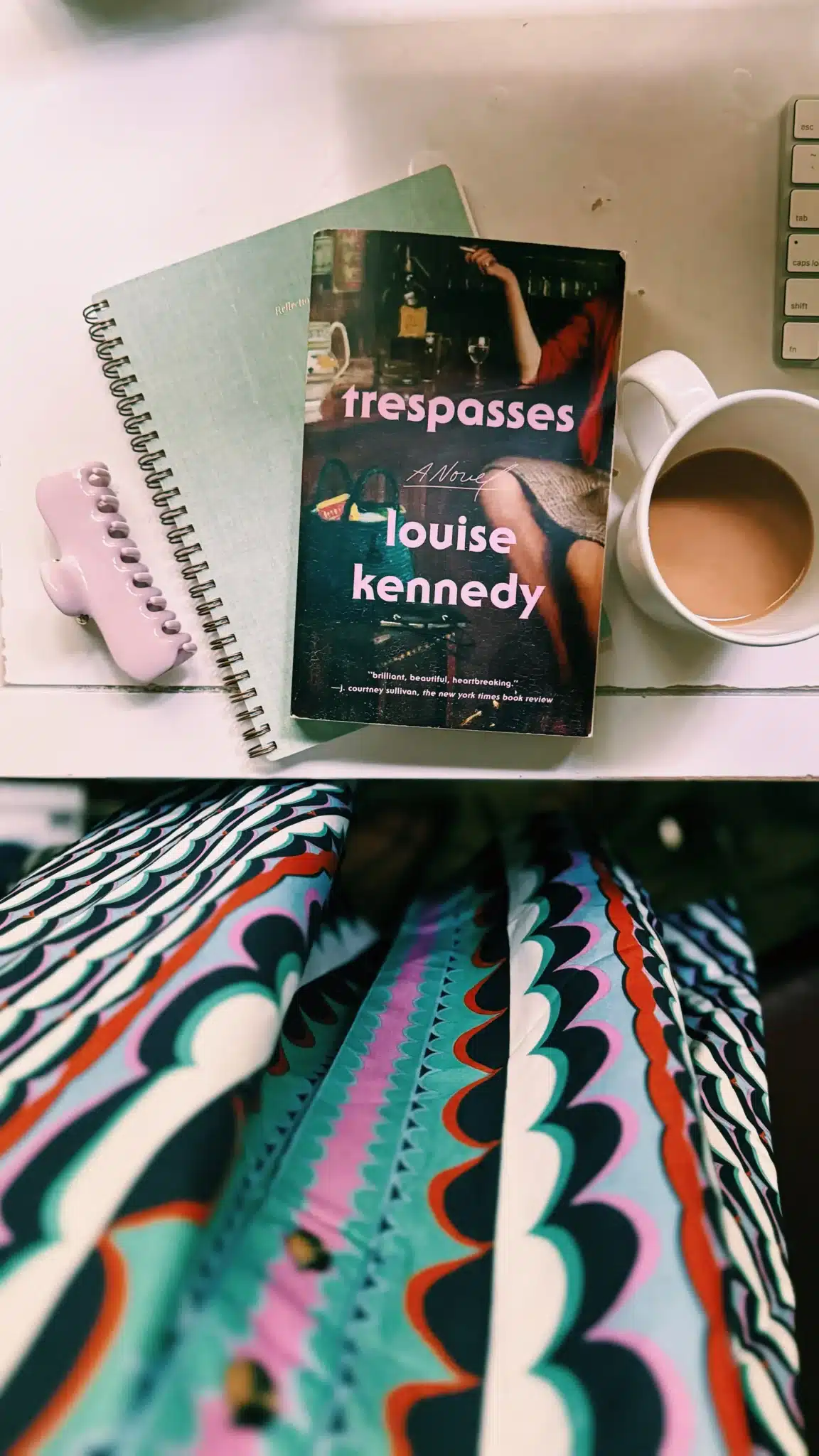
Trespasses Book Club Questions.
+Do you think Trespasses is a romance? Why or why not?
+There are many instances of mistransmission in the book: unanswered calls, misdirected calls, Cushla’s Irish language lessons. What might Kennedy be getting at with this motif?
+What did you make of the familial relationships between Cushla, her mother, and her brother on the one hand and Michael and his wife on the other? We witness friction, and yet they continue to return to one another, and support one another (with varying degrees of sensitivity). How did this relate to the devotion between Cushla and Michael?
+Why do you think Kennedy had Tommy kill Michael? What point might she have been making, given Cushla’s connections to both the murderer and the murdered?
+Do you think Michael truly loved Cushla? Does this matter? Why or why not?
Trespasses Playlist.
I put together a mainly-mid-1970s playlist for this novel that felt like the perfect canvas for its screen adaptation; the irony of these songs against the bleak backdrop of The Troubles will make its own point. I mixed in a couple of more contemporary songs that felt right for the book’s mood, too. You can listen on Spotify here and on Apple here. I have been vibing to this playlist all week!
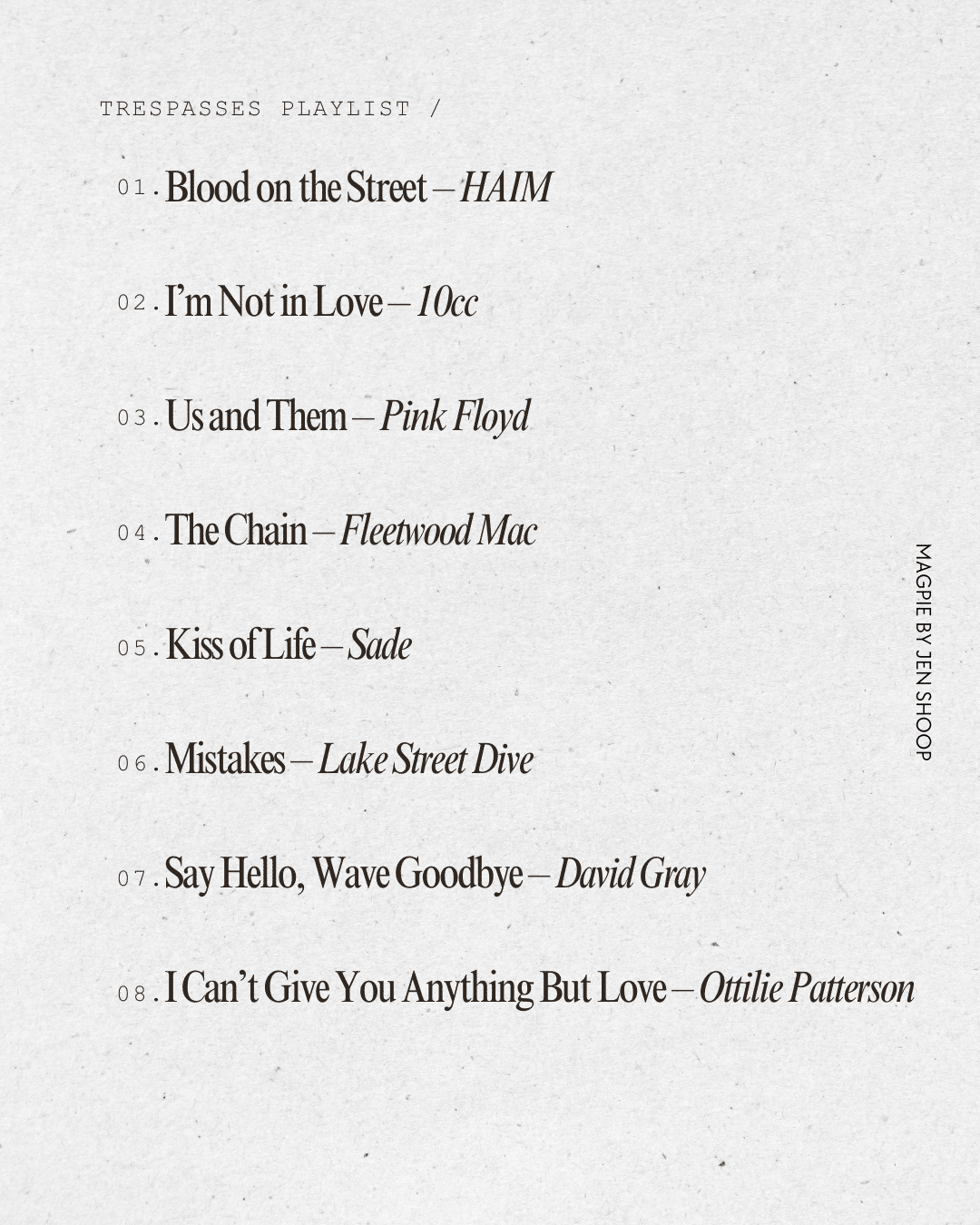
Trespasses Mood Board.
I have such fun putting together visual moodboards for these gorgeous books we’ve been reading to further immerse myself in the experience.
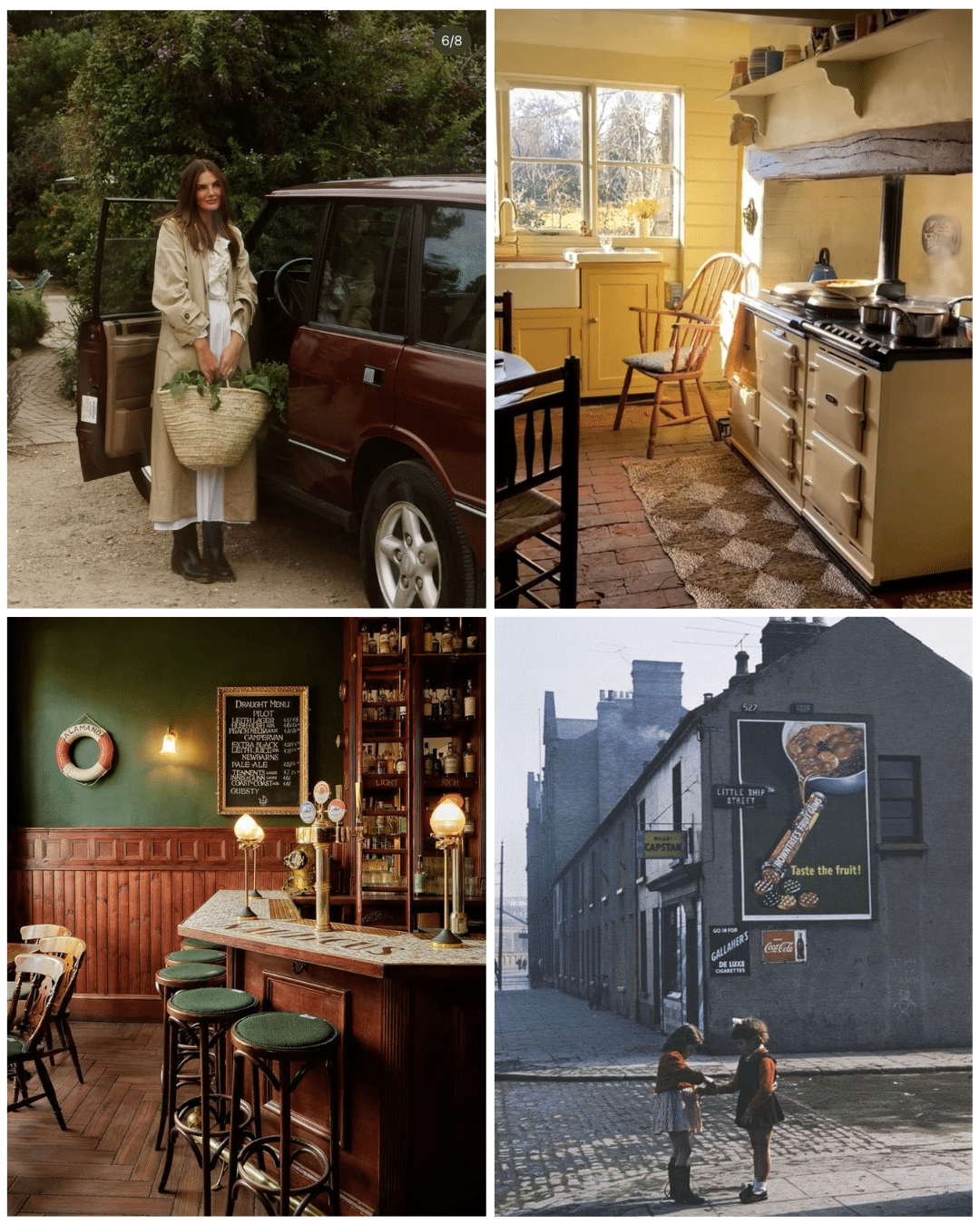
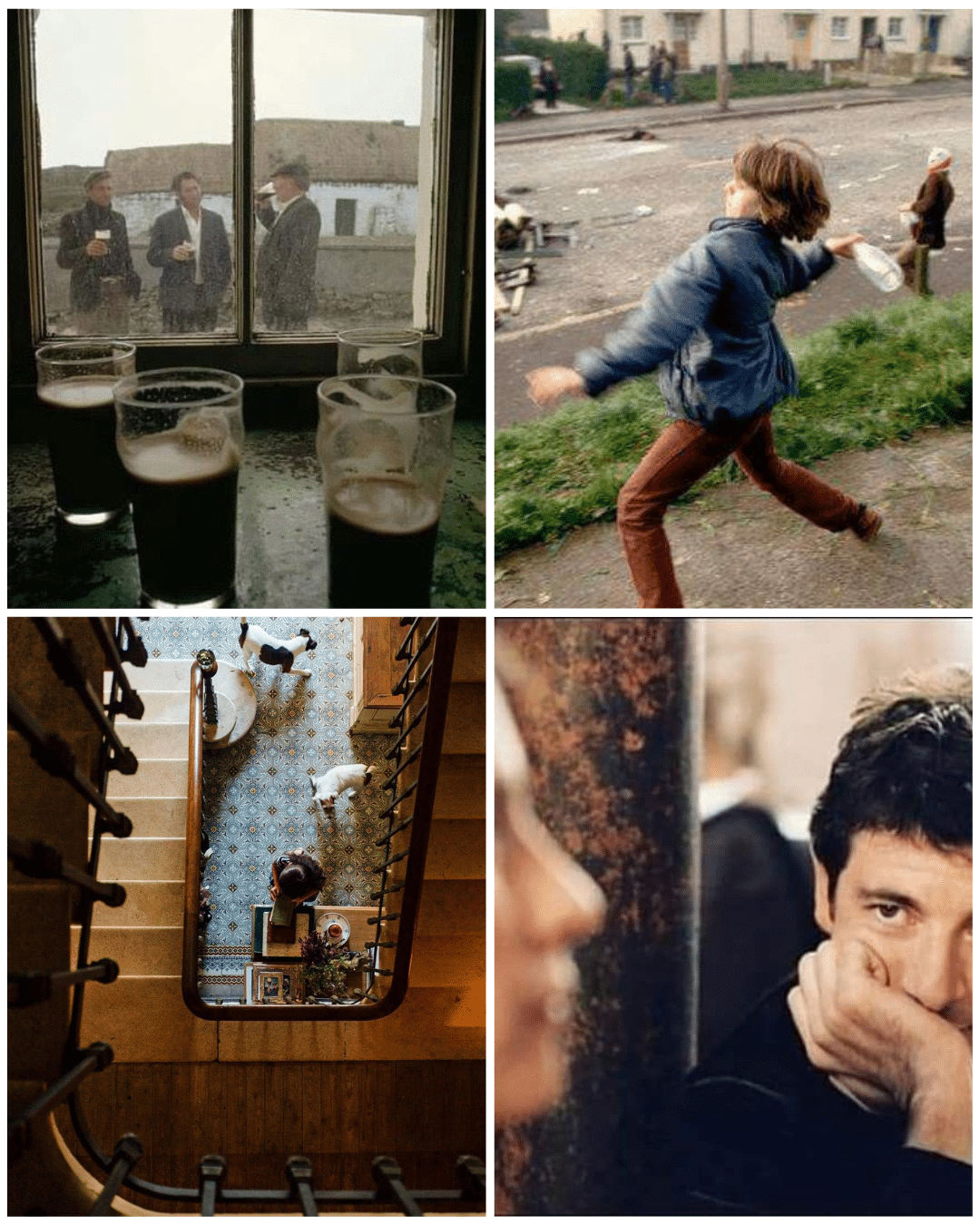
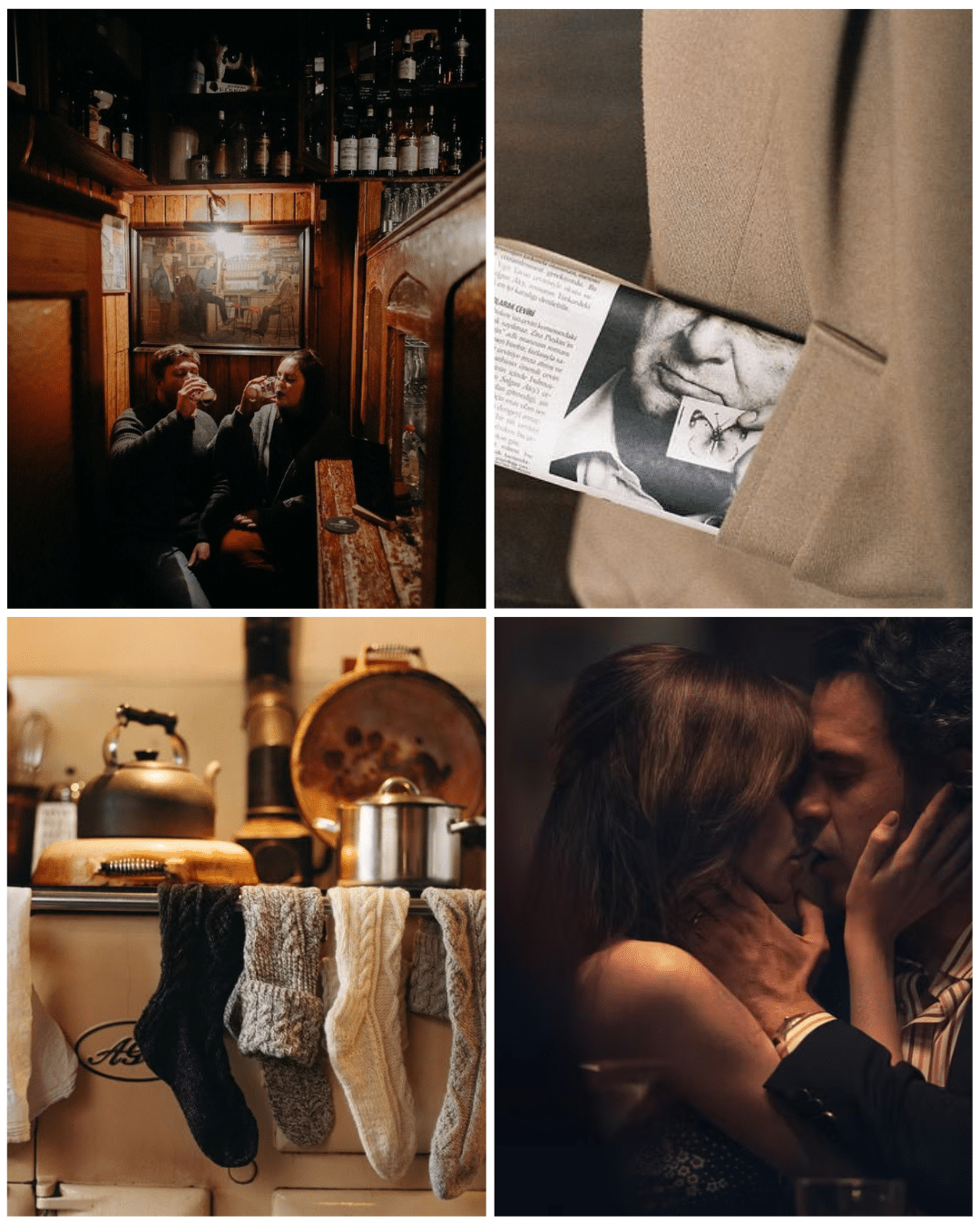
Next Month’s Book Club Pick.
I had a difficult time picking this month’s read! My finalists below. Small Things Like These felt like a natural follow-on (also set in Ireland, also made into a movie!), but I read a sample of Charlotte Wood’s Booker-Prize-shortlisted Stone Yard Devotional and was drawn in (clear, crisp writing). I thought a thriller set in an elite prep school environment might be a welcome palate cleanser (Fox), but ultimately, I decided to go with Isola — the story of a 16th century heiress who is abandoned on a small island off the coast of France — because several Magpies had been chirping about it! The cover art made me think of two other texts I absolutely love: Circe and “Portrait of a Lady on Fire” (wild and brilliant 2019 film).
You can find all the books on my radar for our book club here; please (please!) make your suggestions and vehement recommendations in the comments section below!

FOX // ISOLA // STONE YARD DEVOTIONAL // SMALL THINGS LIKE THESE
If you’re looking for a lighter read, I am just opening These Summer Storms, which people have been raving about! This and an Elsie Silver cowboy romance are my current sidecar reads. More great summer beach reads for 2025 here. I’ve read most of these (and then some), but still have a couple to tackle! This one just came out this month!
P.S. Last month’s book club pick here. And my book review on Wild Dark Shore, which we LOVED!
P.P.S. It’s just that — we have so little time with the ones we love.
P.P.P.S. 10 I Love Yous.

